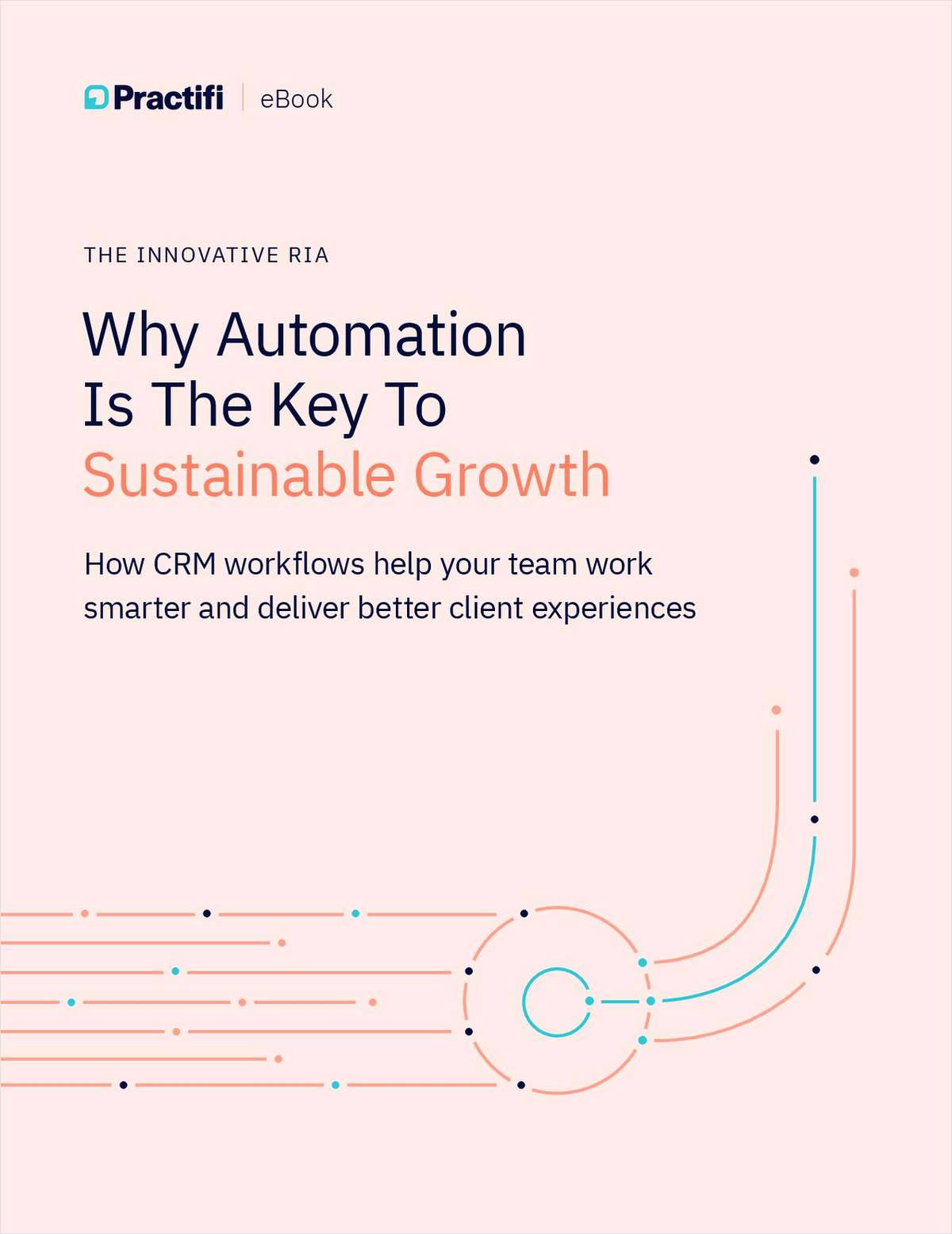More from ALM
- Scan In Progress: Litigators Leverage AI to Screen Prospective Jurors 1 minute read
- Legal Speak at General Counsel Conference East 2024: Match Group's Katie Dugan & Herrick's Carol Goodman 1 minute read
- Legal Speak at General Counsel Conference East 2024: Eric Wall, Executive VP, Syllo 1 minute read
Resources

Technology to Make E-Discovery Smarter, Not Harder
Brought to you by Nuix
Download Now

Does Generative AI Have the Power to Transform Legal Services?
Brought to you by HaystackID
Download Now

Technology to Make E-Discovery Smarter, Not Harder
Brought to you by Nuix
Download Now

The Innovative RIA: Why Automation Is The Key To Sustainable Growth
Brought to you by Practifi
Download Now





